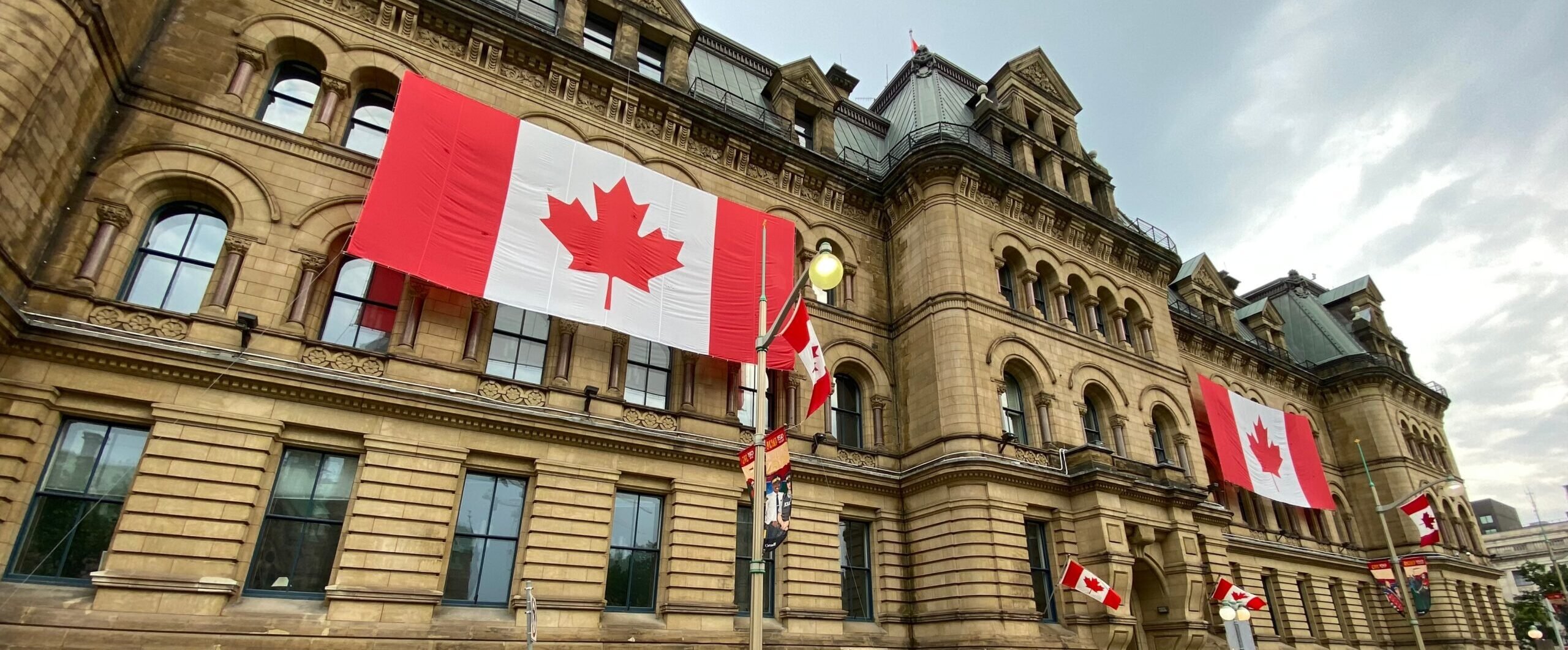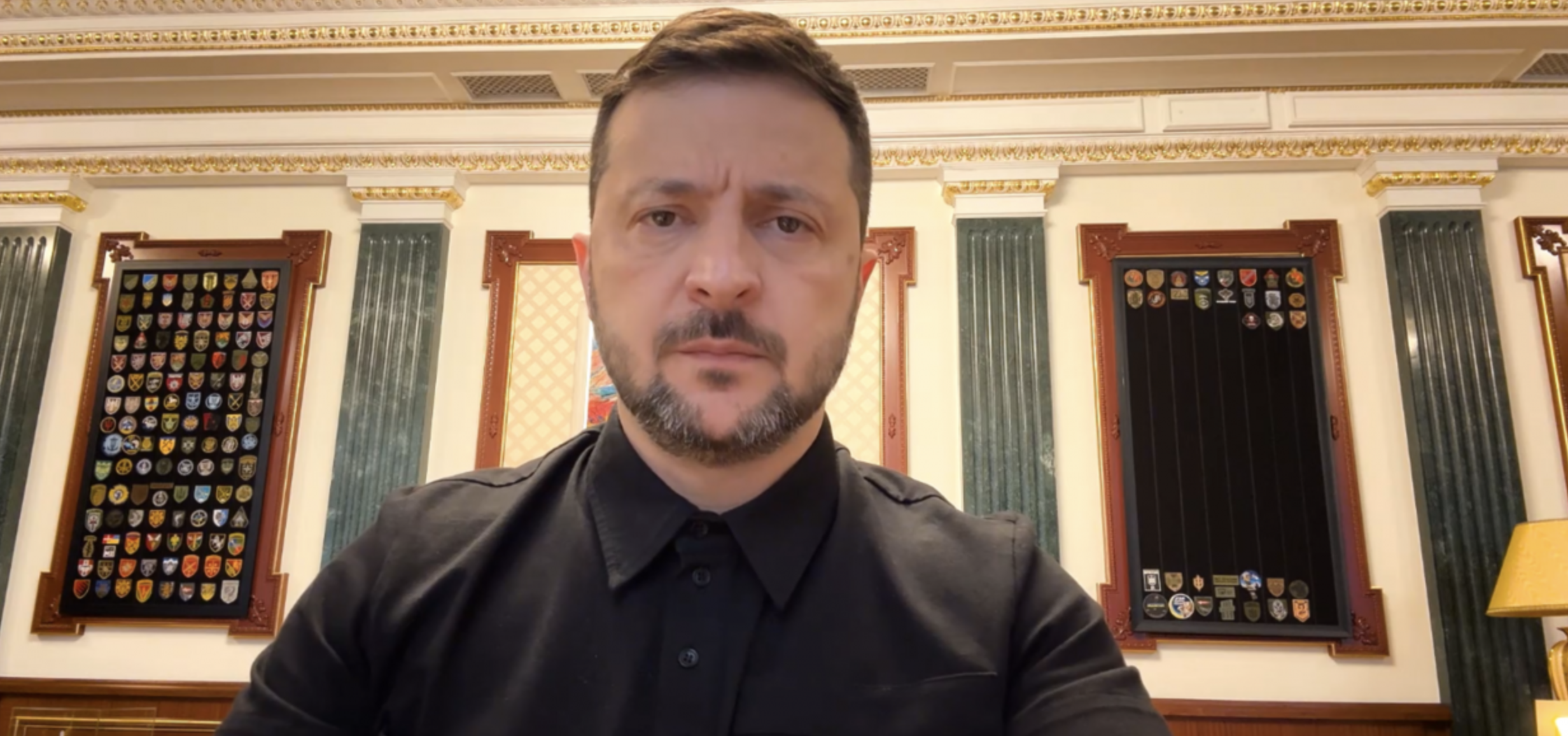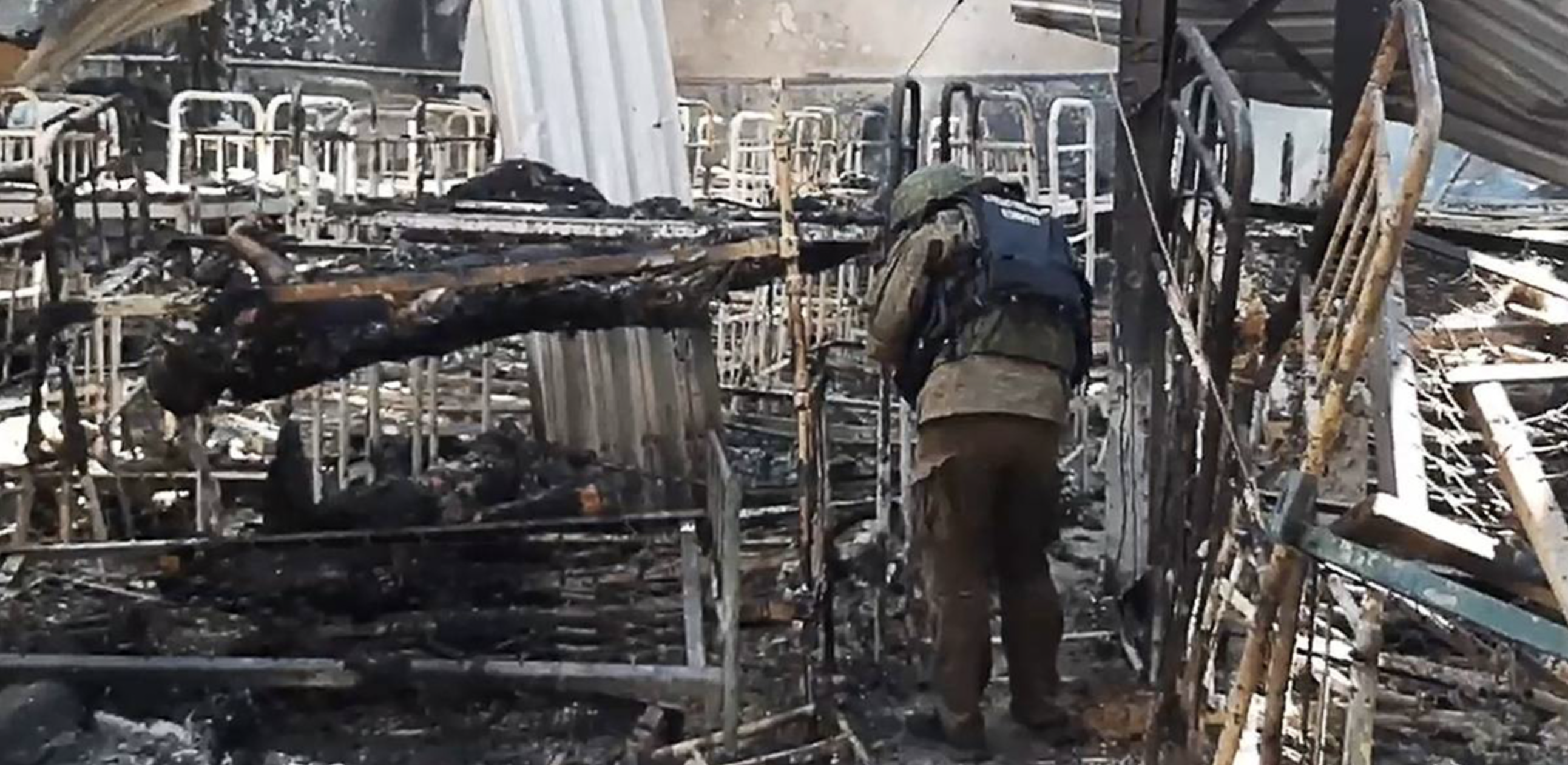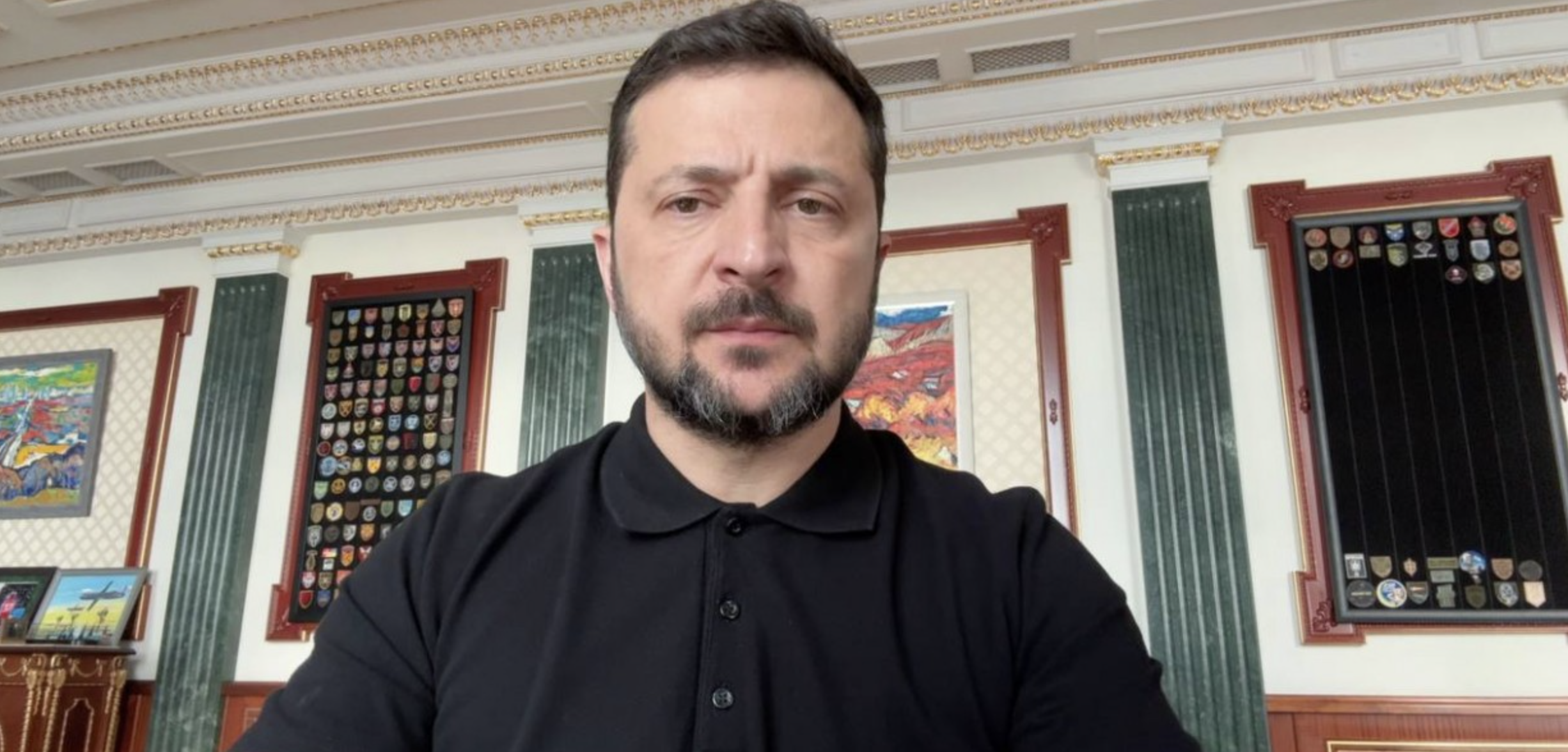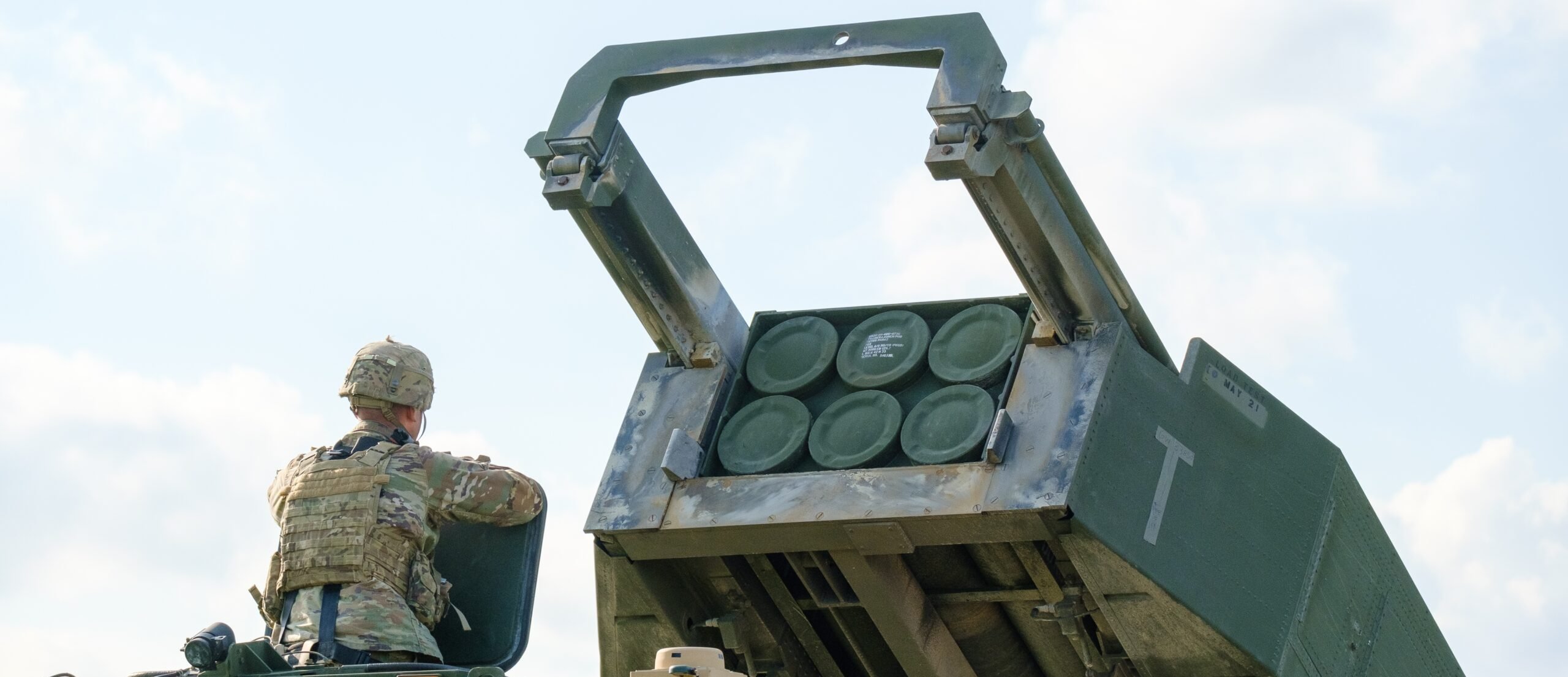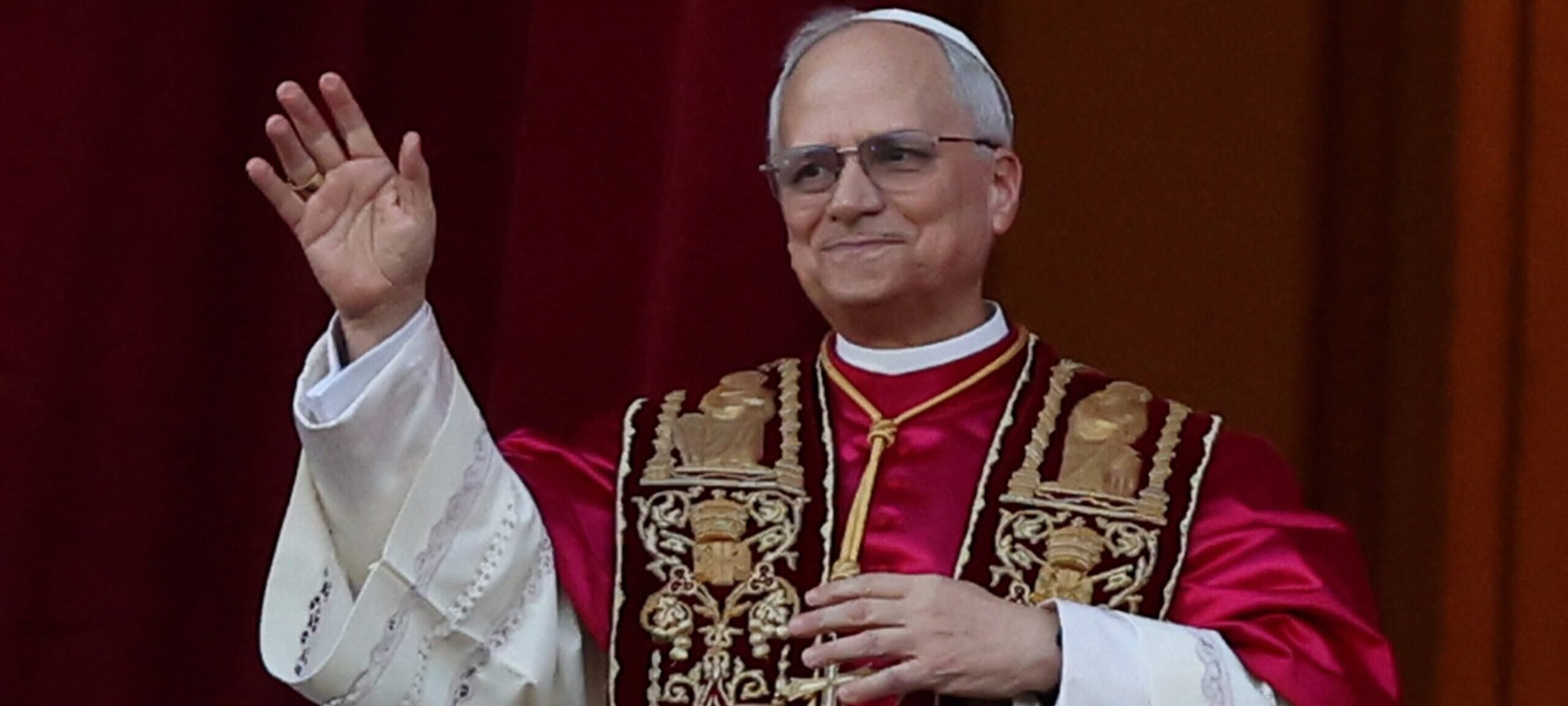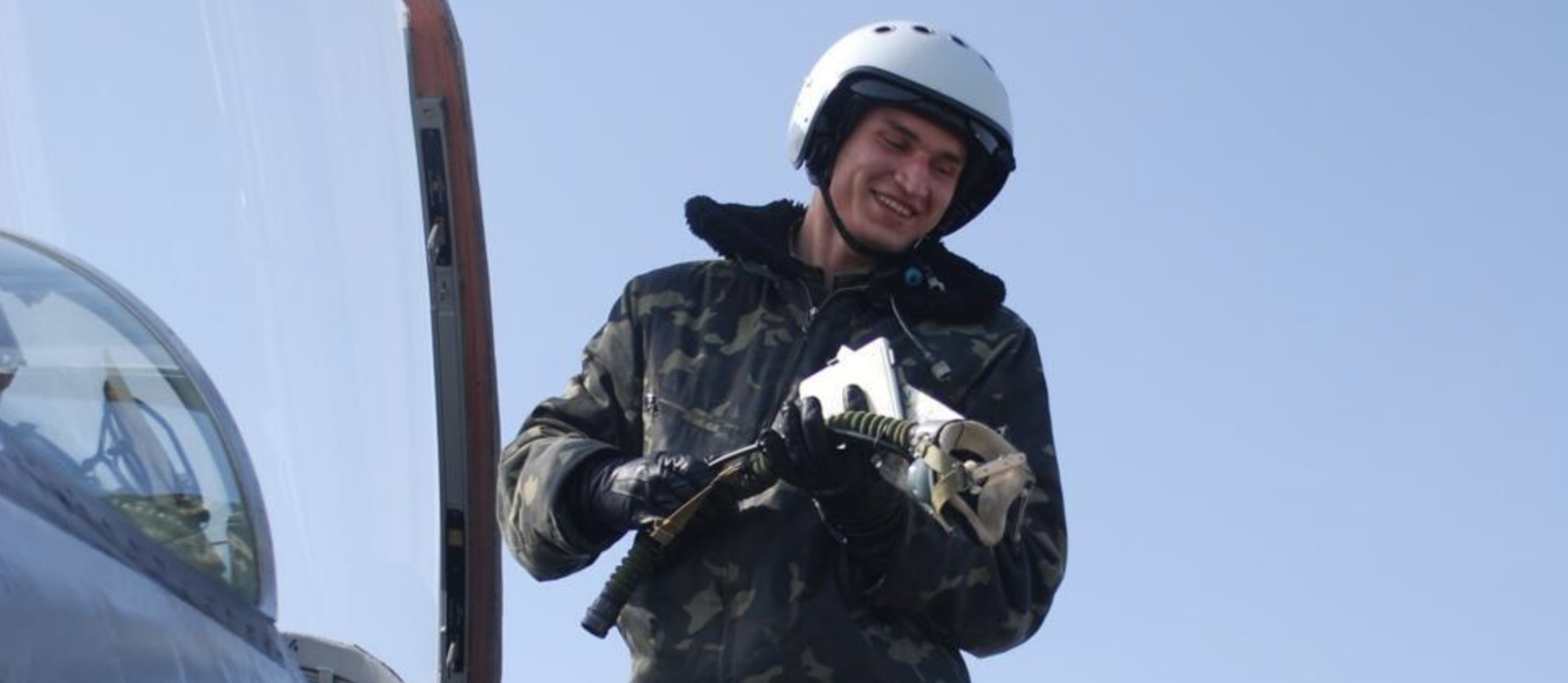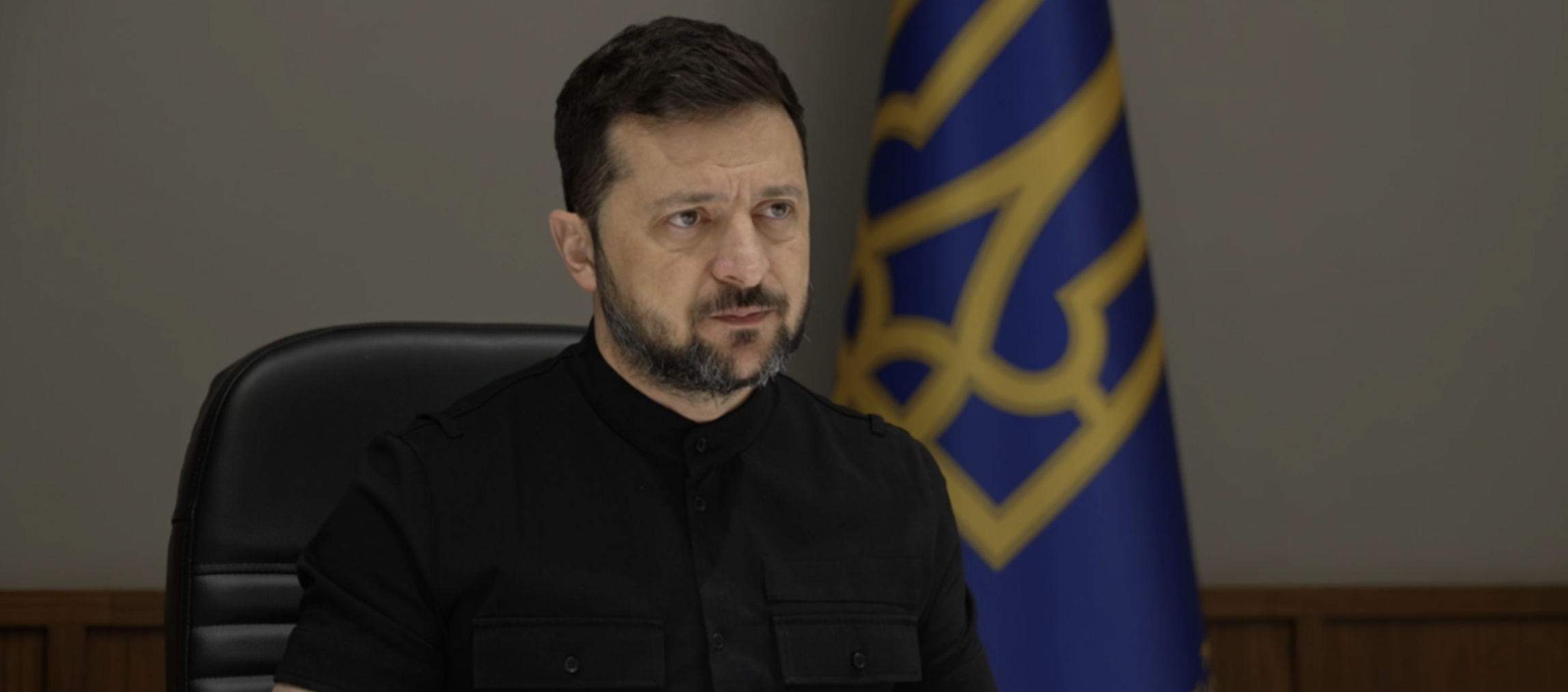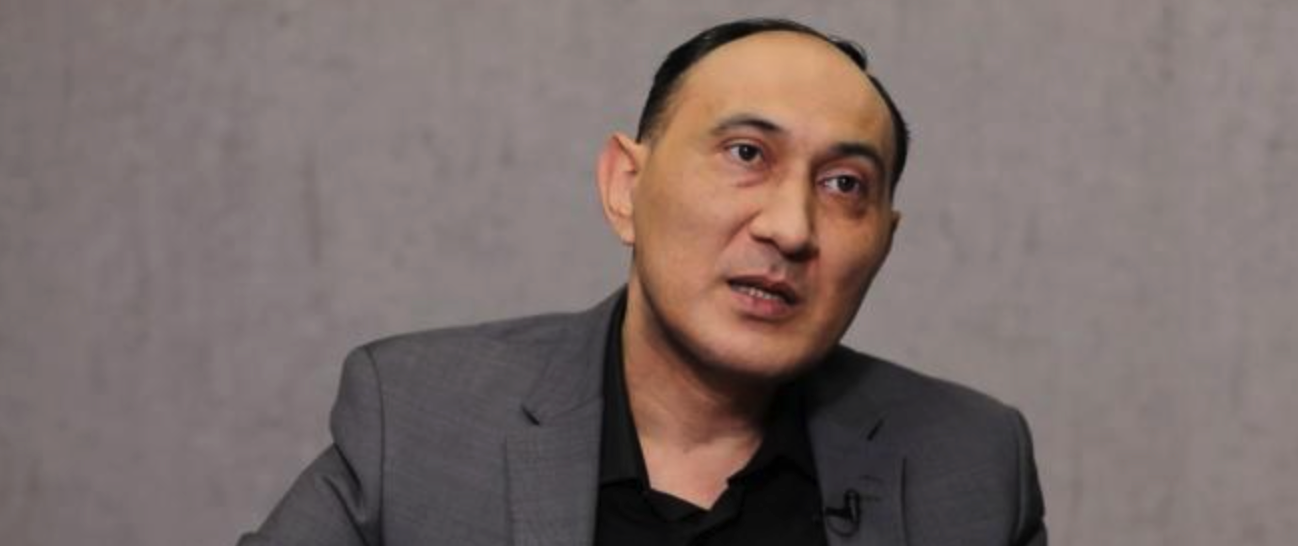
In the case of Donald Trump’s victory in the presidential elections in the United States, there are two possible scenarios for the war: forced negotiations with Russia or an unlimited amount of assistance for Ukraine, said Azerbaijani military analyst Agil Rustamzade, a STEM analytical center employee, in an interview with NV.
“I believe that Trump’s arrival opens up different options – either he will force both sides to make mutual concessions, even negotiations. But if he sees that the Russian Federation is not making any concessions at all or is making even more demands, he may very well overwhelm you with weapons,” Rustamzade believes.
The beginning of 2025, when Americans will elect a new president, is a crucial period for understanding whether American aid to Ukraine will continue, says the analyst. Ukraine can defend itself against Russia on its own, but then the war will last much longer.
“The United States has completely different financial, economic, and military-technical capabilities. However, most likely, the capabilities that you accumulate and begin to produce, because even in European Union countries, factories are already transitioning to round-the-clock work, they will help you achieve a slightly better situation,” says Rustamzade.
US assistance is especially important in the context of supplying missiles for air defense systems, says the analyst. Rustamzade also reminds that it was Trump who provided Ukraine with the first lethal weapon – the Javelin.
“If the new President of the United States turns out to be Donald Trump, it is important to understand that he often makes statements that are criticized. But I would say that there is some truth in his words. He is right when he says that the minimum contribution to the country’s defense should be 2% of GDP, and some countries are cunning, they do not invest their 2%, but invest, say, 1.3%, and spend 0.7% on other needs. Of course, everything is fine inside their state, they are great guys, but security is limping because of it,” said the analyst.
Cover: open sources
